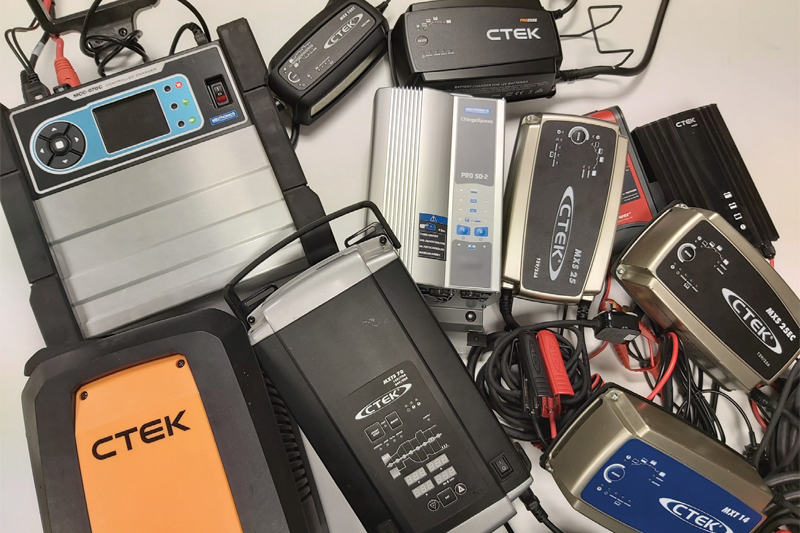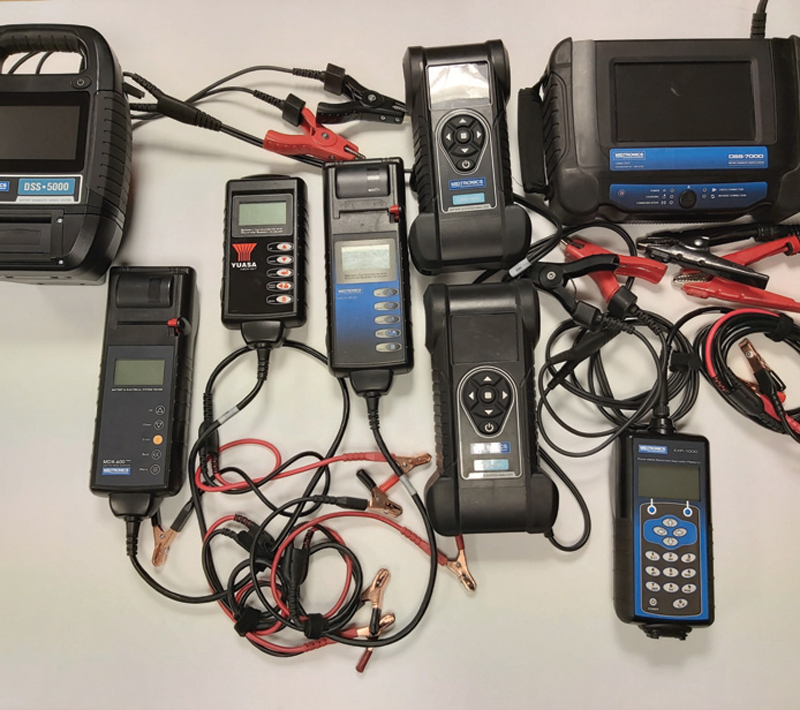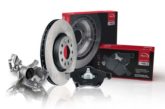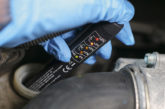
Buying a battery tester or charger can be a hefty investment, and can be especially daunting with so many aspects to consider. PMM has teamed up with Rotronics to provide you with some sage advice to ensure that you invest in equipment that is tailored to the needs of your garage.
Battery testers
First things first, it’s important that you know exactly what you want the battery tester to do: Are you buying it to help with warranty claims, or to act as a sales tool? Be clear about the vehicles you will be testing, and whether or not you want to measure life-cycle performance and parasitic drains.
Not all testers can test all batteries accurately, and it’s recommended that you choose a tester that is future proof, given the rise of EFB batteries being used in favour of traditional AGM or flooded products. The Rotronics team recommends a tester that can be upgraded, to make sure that you can keep up with any new industry developments.

Battery chargers
Before buying a battery charger, make sure that you know exactly what type of batteries you will be charging. Flooded, AGM, GEL, EFB, and lithium ion technologies all have different charging characteristics to consider.
Are you going to use the unit for on-vehicle or off-vehicle charging? Do you need battery support capability? It’s essential to know what size the power supply function needs to be, and how the charger will deal with thermal runaway.
Will you have the very best safety protection offered? This is a critical area to consider in order to ensure that your workforce is protected.
Important for testers and chargers
What level of warranty will you have? Will you be able to get it back to your supplier easily should something go wrong?

The Rotronics team recommends investing in equipment that can be easily repaired, with replaceable leads. Other components may also need to be replaced, and the repair process for all testers is not equal. This is important to allow for a speedy repair turnaround.
You should also consider how much training you might be able to receive on the equipment. Ongoing support is also useful as you may have a test report that looks confusing – having help to hand, therefore, can be vital.
Ultimately, your aim is to gain accurate data from the technology, so it is essential to consider the pedigree of the product and investigate any endorsement from the industry, peers and customers. The kit you are buying must be robust enough to withstand the day-to-day use and abuse of a thriving garage business, and cheaper units often don’t stand the test of time.









